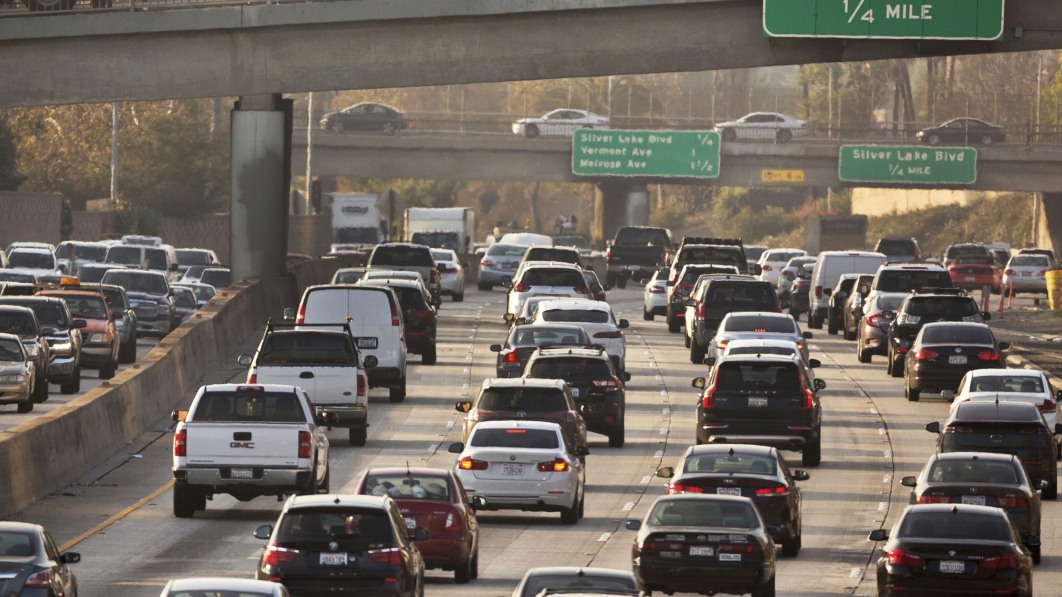WASHINGTON — The Biden administration proposal to hike fuel economy standards through 2032 is not feasible and could cost automakers a total of more than $14 billion in fines, an automotive industry group says.
The Alliance for Automotive Innovation, which represents General Motors, Toyota Motor, Volkswagen, Hyundai and others, said the National Highway Traffic Safety Administration Corporate Average Fuel Economy proposal “exceeds maximum feasibility” and that the agency projects “manufacturers will pay over $14 billion in non-compliance penalties between 2027 and 2032”.
The fines would impact one in every two light trucks and one in every three passenger cars in 2027-2032, the group added.
A separate document viewed by Reuters said the Detroit Three – GM, Ford Motor and Chrysler-parent Stellantis – would face about $10 billion in CAFE fines in that period.
Across the world, efforts to reduce vehicle emissions and shift to electric vehicles are meeting resistance for reasons of cost. European Union ministers on Monday agreed to dilute a proposal on new vehicle emissions.
A NHTSA spokesperson said the estimate cited by automakers represents the agency forecast and is “consistent with our statutory obligations”.
The spokesperson also noted automakers “are free to use electric vehicles to comply and avoid penalties altogether”.
In June, Reuters reported Stellantis and GM paid a total of $363 million in CAFE fines for failing to meet U.S. fuel economy requirements for prior model years.
The record-setting penalties include $235.5 million for Stellantis for the 2018 and 2019 model years and $128.2 million for GM covering 2016 and 2017.
“The number of non-compliant vehicles and manufacturers projected exceeds reason and simply put, will increase costs to the American consumer with absolutely no environmental or fuel savings benefits,” the auto group said.
It added the “projected $3,000 average price increase over today’s vehicles is likely to decrease sales and increase the average age of vehicles on our roads.
The criticism is similar but not identical to concerns raised about the Environmental Protection Agency’s proposal that would require 67% of new vehicles to be electric by 2032. The auto group in June called the EPA proposal “neither reasonable nor achievable.” Toyota called the EPA proposal stringency requirements “extreme and outside historical norms.” (Reporting by David Shepardson; editing by Barbara Lewis)
Denial of responsibility! My Droll is an automatic aggregator of Global media. In each content, the hyperlink to the primary source is specified. All trademarks belong to their rightful owners, and all materials to their authors. For any complaint, please reach us at – [email protected]. We will take necessary action within 24 hours.


